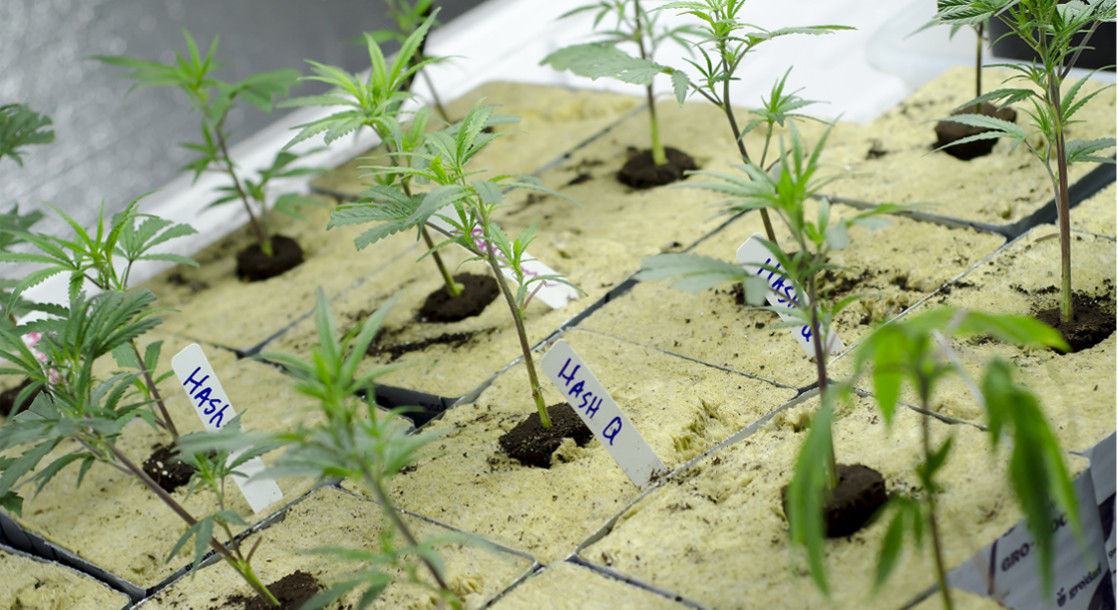Photo via Brett Levin
Pennsylvania began the sale of state-legal medical marijuana products just last month, and despite immediate issues with supply and pricing, the Keystone State is already moving to implement one of the nation’s most progressive cannabis research programs.
According to Penn Live, state cannabis authorities announced late last week that they would soon begin accepting applications from accredited medical schools looking to research cannabis.
Even with more than half of the country now within arm’s reach of state-approved medical or adult-use cannabis, continued federal prohibition has — for the most part — deterred in-depth scientific studies of the controversial plant.
Because the feds legally consider cannabis a substance with no accepted medical value, even putting pot under a microscope could technically raise the ire of the Department of Justice or Drug Enforcement Agency. With most colleges and universities relying on federal funding in some form or fashion, the risk of shaking the tree has traditionally not been worth any potential reward.
Now, however, Pennsylvania universities will be welcomed into the fold of the state’s medical cannabis program, with eight possible licenses for institutes of higher learning to access state-approved medical cannabis for research purposes.
If approved for the program, Pennsylvania universities will be paired with a state-licensed cannabis operator to procure product through the state’s recently enacted MMJ program. Research participants will be required to have an accepted qualifying medical condition and a valid doctor’s recommendation (sorry if you were hoping to be a lab rat, folks).
So far, one college, the University of Pittsburgh School of Medicine, has already expressed interest in applying for a medical cannabis research license, and could be approved as soon as next month.
Outside of the groundbreaking cannabis research initiative, Pennsylvania medical marijuana regulators have also began taking steps towards expanding the state’s one-month-old legal weed program, with the prospect of whole flower marijuana sales already on the horizon. The Keystone State will also begin its second round of canna-business licensing next month, with space for 13 additional growers/processors and 23 more dispensaries to join the state’s green rush.
Currently, only two producers and nine dispensaries have actually opened their doors to Pennsylvania patients, with a number of those pot shops already facing product shortages due to short supply. Over 25,000 state residents have begun the process of applying for the state’s medical marijuana card, but only 6,700 have actually purchased pot from a state-sponsored dispensary.











